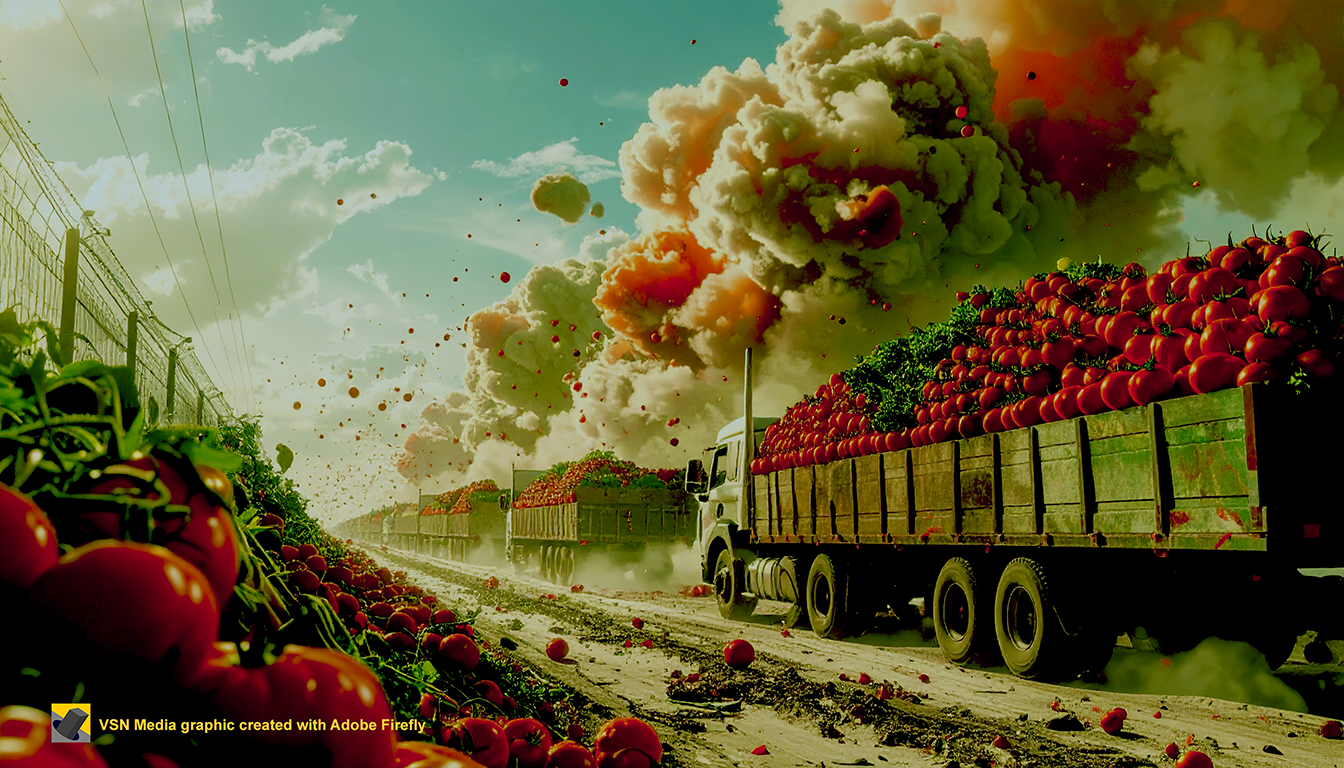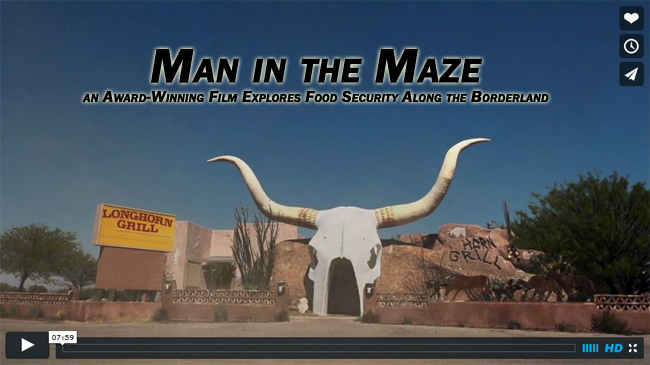THE HUMBLE TOMATO has become a high-profile emblem of the tariffs controversy, and grocers are faced with delivering dual bad news to shoppers: Prices are likely to rise; quality and availability could suffer.
With the announced imposition by the White House of a 17 percent tariff on Mexican tomato imports beginning July 14, the food industry was thrust further into pricing and operational uncertainty. Tomatoes have been the stars of recent media attention, but the broader issue of tariffs on food imports presents a complex set of challenges for retailers, growers, distributors and packaged food manufacturers.
Politics aside, sweeping food import levies would create a cascade of market effects. Price increases may be expected to depress demand. Transportation from southern border ports of entry would decrease proportionately. Domestically-farmed substitutes, such as those in Florida and California, may travel greater distances to the points of consumption and remain in cold storage for longer periods. The demand for seasonal farm workers could rise. Dependent manufacturing sectors, like the $7 billion U.S. frozen pizza industry, may need to absorb or pass along increased ingredient costs.
That’s just tomatoes. Thanks to its favorable soil, climate and proximity, Mexico has also become an important supplier of avocados, bell peppers, eggplant, spring table grapes and citrus fruits to American consumers, a circumstance initially made possible by the favorable rules of the 1994 NAFTA agreement, later superseded by the 2018 United States-Mexico-Canada Agreement (USMCA).


